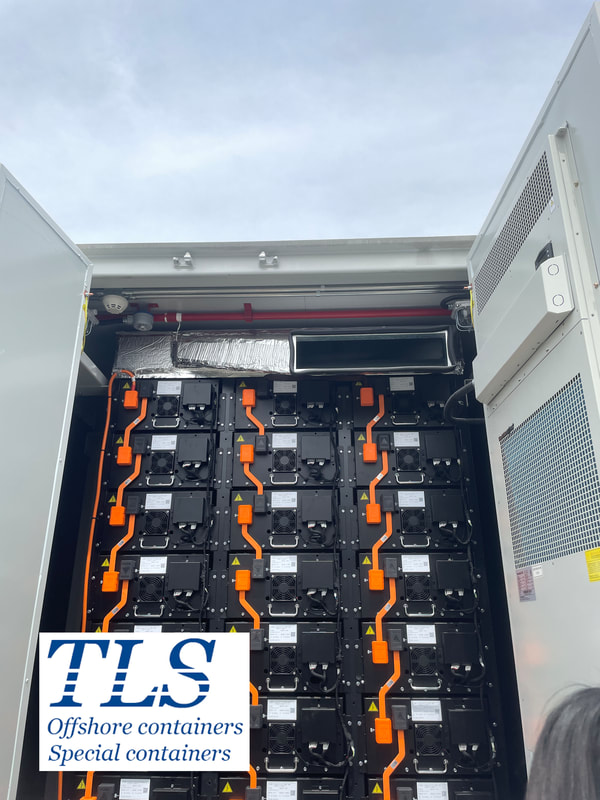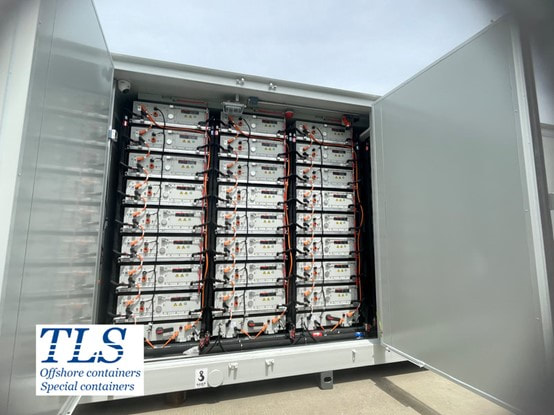|
Explore the key factors in selecting the most suitable battery modules for Battery Energy Storage Systems (BESS). Understand the role of battery chemistry, energy capacity, lifespan, operating conditions, cost, and safety in optimizing your BESS performance. Discover how to balance these considerations for an efficient and reliable energy storage solution. Battery modules are the fundamental building blocks of Battery Energy Storage Systems (BESS). They are essentially a group of interconnected battery cells that store and release electrical energy. The choice of battery modules for a BESS container depends on several factors, and understanding these can help in selecting the most suitable modules. 1. **Battery Chemistry**: The type of battery chemistry is a crucial factor. Different chemistries, such as lithium-ion, lead-acid, or nickel-cadmium, have different characteristics, including energy density, lifespan, cost, and safety profile. For instance, lithium-ion batteries have a high energy density and long lifespan, making them a popular choice for many BESS applications. 2. **Energy Capacity and Power Output**: The energy capacity (measured in kilowatt-hours, kWh) and power output (measured in kilowatts, kW) of the battery module should match the requirements of the BESS. Energy capacity determines how much energy the BESS can store, while power output determines how much energy it can deliver at any given moment. 3. **Lifespan and Cycle Life**: The lifespan of the battery module, often measured in cycles, is another important consideration. A cycle refers to one complete charge and discharge of the battery. Some battery chemistries can withstand more cycles than others before their performance begins to degrade. 4. **Operating Conditions**: The environmental and operating conditions where the BESS will be installed can also influence the choice of battery modules. Some batteries perform better in high temperatures, while others are more suited to cold climates. Similarly, some batteries can handle frequent and deep discharges better than others. 5. **Cost and Availability**: The cost of the battery modules and their availability can also be deciding factors. While some battery types may be ideal in terms of performance, they may be too expensive or not readily available, making them less suitable. 6. **Safety and Management Systems**: Finally, the safety features and management systems of the battery modules are crucial. Good battery modules should have robust safety mechanisms to prevent issues like overcharging or thermal runaway. They should also have advanced battery management systems to monitor and control cell performance, ensuring optimal operation and longevity. In conclusion, choosing the right battery modules for a BESS container involves a careful evaluation of the above factors. It's about finding the right balance between performance, cost, safety, and suitability to the specific application and operating conditions. Comments are closed.
|
Archives
July 2024
Categories
All
|
- Home
-
Containerised solutions
- Intelligent pressurised container | MUD logging cabin
- Battery energy storage system (BESS) container
- Flexible grid tied battery storage system
- Laboratory container | workshop container | Equipment containers
- Temporary refuge shelter | Toxic gas refuge | Safe haven
- Offshore accommodation cabin | office container
- Reefer container | Refrigerated container
- Intelligent waste water treatment container
- Fresh water generator container
- Cargo Containers
- Product photos & videos
- News & Blogs
- Contact us
|
Featured products
Intelligent pressurised container Temporary refuge (TR) shelter, toxic gas refuge (TGR) Battery energy storage system (BESS) container Containerised waste water treatment plant Fresh water generator container Reefer container Laboratory container, Workshop container Accommodation container Offshore closed container |
All Rights Reserved 2020 © TLS Offshore Containers / TLS Energy
|


